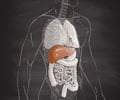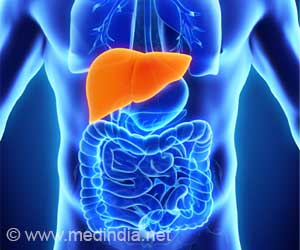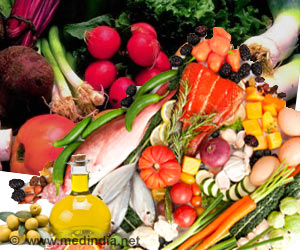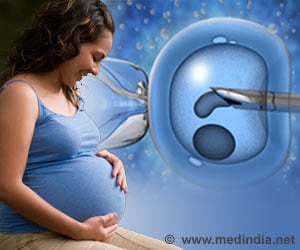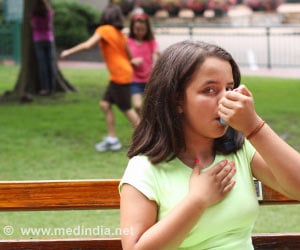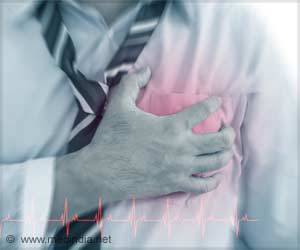Healthy food choices can help prevent and reverse liver disease - starting right from your plate.
- Whole food diets can reverse early liver damage, especially in nonalcoholic fatty liver disease
- Mediterranean eating improves liver biomarkers, supported by research
- “Food is Medicine” promotes healing naturally and sustainably
Food is Medicine
Go to source).
This day serves as a reminder of how balanced, nutrient-rich food can play a transformative role in maintaining liver function and preventing liver diseases. But for many, healthy eating is neither accessible nor affordable. Policies, commercial influences, and food environments often determine how easy or hard it is to make nutritious choices. Governments play a key role through dietary guidelines, food labelling, zoning laws, taxes on unhealthy foods, and school meal programs. While many of these factors are beyond individual control, staying informed about your diet and making small, achievable changes can be a powerful step toward better liver health.
A Mediterranean diet can reduce liver fat and inflammation. #foodismedicine #worldliverday #worldliverday #liverhealth #liverhealth #medindia’
Why the Liver Deserves the Spotlight?
The liver functions as a massive power generator by fulfilling more than 500 essential tasks throughout the body, including blood detoxification, cholesterol regulation, bile production, and nutrient storage. The liver exhibits resilience but remains exposed to health risks coming from contemporary diet patterns like ultra-processed meals, alcohol misuse, obesity, and metabolic disorders.World Liver Day emphasizes that wrong dietary habits lead to gradual damage of the human liver, causing people to suffer throughout their lives. Luckily, positive dietary modifications and lifestyle choices can reverse the danger of developing liver disease while allowing the body to undo early damage!
The Global Burden of Liver Disease: A Silent Epidemic
Liver disease affects more than 2 billion people worldwide, and nonalcoholic fatty liver disease (NAFLD) has become the leading chronic liver condition. About 25–30% of adults suffer from this condition globally, while young people with poor dietary habits and sedentary lifestyles have become a major risk group. Findings from research show that nonalcoholic fatty liver disease strongly associates with obesity, type 2 diabetes, and metabolic syndrome, with all three conditions heavily deriving from dietary patterns (2✔ ✔Trusted SourceGlobal burden of disease: acute-on-chronic liver failure, a systematic review and meta-analysis
Go to source)!
The alarming reality? Acute liver disease remains asymptomatic for most individuals until substantial damage arises, leaving nutrition-based prevention as a paramount prevention strategy!
Top Foods That Support Liver Health
A liver-friendly diet starts with consuming beneficial foods and restricting the intake of unhealthy ones!According to the guidelines from the American Liver Foundation and Hepatitis NSW, particular foods are considered healthier options.
- Leafy greens, including spinach, kale, and arugula, contain antioxidants and nitrate compounds that assist liver detoxification functions.
- Salmon, together with sardines and mackerel, release omega-3s to decrease liver fat and reduce inflammation.
- Olive oil functions as an excellent source of unsaturated fat, which helps regulate liver enzyme activities and preserves metabolic wellness.
- Berries such as blueberries, together with cranberries, contain polyphenols, which may help prevent liver fibrosis.
- Walnuts demonstrate high levels of vitamin E and healthy fats that benefit liver operations.
- Consuming green tea promotes liver detoxification due to its catechin content-powerful chemical compounds that support liver function.
- The consumption of oats and whole grains delivers soluble fiber to the body to assist digestive function as well as lower liver fat accumulation (3✔ ✔Trusted Source
Food and Nutrition in the Pathogenesis of Liver Damage
Go to source), (4✔ ✔Trusted Source
Tips on How to Take Care of Your Liver
Go to source).
The Mediterranean diet provides research-based evidence that shows its ability to enhance liver biomarkers alongside reducing fat accumulation in patients having nonalcoholic fatty liver disease. Proper long-term following of these dietary recommendations demonstrates the ability to heal initial liver damage (5✔ ✔Trusted Source
A healthy diet for fatty liver repair
Go to source).
What to Avoid!
- Sugary drinks
- Snacks
- Fried or highly processed foods
- Alcohol
- High-sodium or fast foods
Individuals should take control of their liver health by treating food not just as fuel but also as medicine.
- Food is Medicine - (https://worldliverday.org/)
- Global burden of disease: acute-on-chronic liver failure, a systematic review and meta-analysis - (https://pubmed.ncbi.nlm.nih.gov/33436495/)
- Food and Nutrition in the Pathogenesis of Liver Damage - (https://pmc.ncbi.nlm.nih.gov/articles/PMC8073814/)
- Tips on How to Take Care of Your Liver - (https://liverfoundation.org/health-and-wellness/healthy-lifestyle/liver-disease-diets/)
- A healthy diet for fatty liver repair - (https://www.hep.org.au/liver-health/diet-liver-health/)


